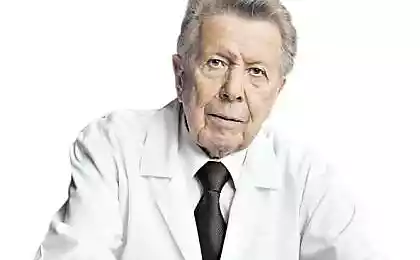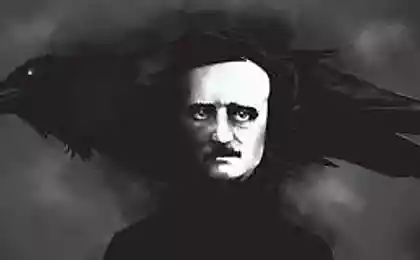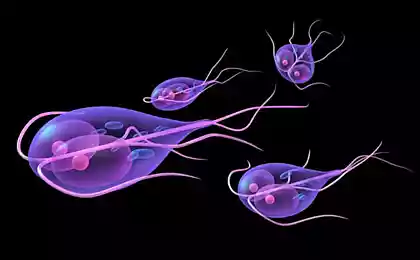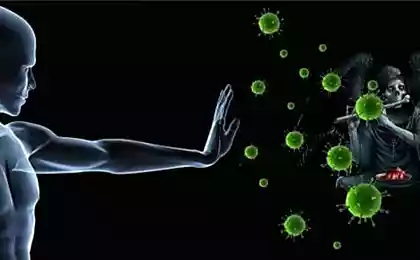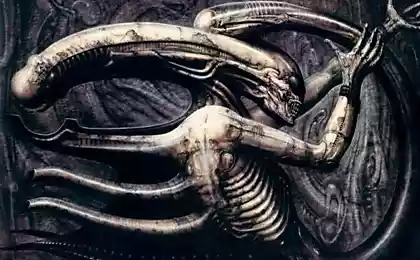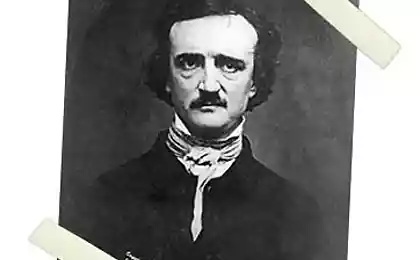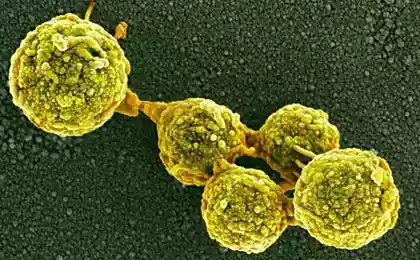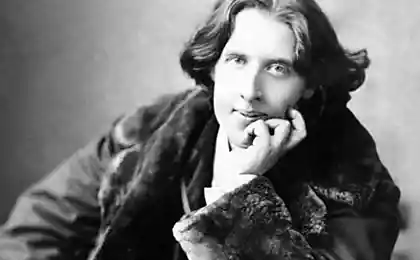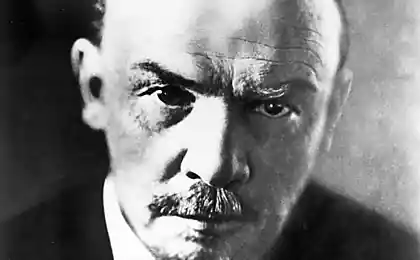426
Words-parasites of great writers
Every writer or poet has their favorite words, wandering from one work to another. The deeper you are immersed in the texts of the author, the more likely a new line may seem you have once read. You may find that the vocabulary of the author holds a lot of good friends, but very few real friends.
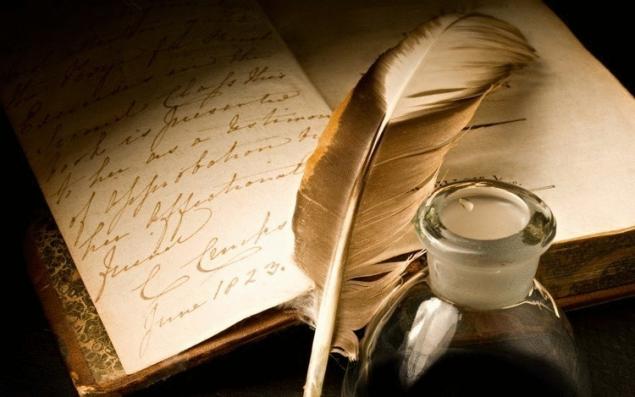
Sometimes I ask myself how we would have perceived the author, if left alone with a dry list of his favorite words? For example, if we can speak about significant creative and emotional confrontation of the romantic poet William Wordsworth, and Lord Byron, if at first the word "quiet" and its derivatives occur over fifty times, and the second — about a dozen? Does this not demonstrate the difference between the beginning of the contemplative and active?
Without reading a single line of John Milton, we could say a lot about his character, given that the word "law" occurs in his poems no less than 50 times. Also some conclusions we could push the fact that the use of the word "hell" is on par with "love."
John Updike most often used the words "sparkling" and "Crescent," John Cheever — "invaluable", Herbert wells "immediately", the satirist William Makepeace Thackeray — "unsophisticated". Such Pets is an interesting puzzle game for criticism: why they settled in the author's workshop?
The word "impervious" appears to have been a full companion to Joseph Conrad — "Heart of darkness", we are faced with an impenetrable jungle, an impenetrable forest, an impenetrable landscape, impenetrable night, and twice with impenetrable darkness. The overall impression reinforces the impermeability of the works "Outcast island," "Lord Jim," "Nigger with the "Narcissus", Nostromo, and (with especial frequency) "Secret agent". It is the basic creative and emotional impulse Conrad: to break where it has no entrance. This word provokes's egging him on. The foliage of the jungle, the ruins of the ancient city, the tension, the unspoken passion — all on his literary path was impenetrable.
The opposite Updike once said that his texts were embellished with "Shine", and objects and become "effervescent". His prose is the same as the bow tie or boutonniere in men's suit. Certainly, Conrad would be shocked how often used the infamous "impenetrable". But for him it was more of a favorite concept is "inaccessible" and "inconceivable" and "insoluble" also caught with enviable regularity.published
P. S. And remember, just changing your mind — together we change the world! ©
Source: theoryandpractice.ru

Sometimes I ask myself how we would have perceived the author, if left alone with a dry list of his favorite words? For example, if we can speak about significant creative and emotional confrontation of the romantic poet William Wordsworth, and Lord Byron, if at first the word "quiet" and its derivatives occur over fifty times, and the second — about a dozen? Does this not demonstrate the difference between the beginning of the contemplative and active?
Without reading a single line of John Milton, we could say a lot about his character, given that the word "law" occurs in his poems no less than 50 times. Also some conclusions we could push the fact that the use of the word "hell" is on par with "love."
John Updike most often used the words "sparkling" and "Crescent," John Cheever — "invaluable", Herbert wells "immediately", the satirist William Makepeace Thackeray — "unsophisticated". Such Pets is an interesting puzzle game for criticism: why they settled in the author's workshop?
The word "impervious" appears to have been a full companion to Joseph Conrad — "Heart of darkness", we are faced with an impenetrable jungle, an impenetrable forest, an impenetrable landscape, impenetrable night, and twice with impenetrable darkness. The overall impression reinforces the impermeability of the works "Outcast island," "Lord Jim," "Nigger with the "Narcissus", Nostromo, and (with especial frequency) "Secret agent". It is the basic creative and emotional impulse Conrad: to break where it has no entrance. This word provokes's egging him on. The foliage of the jungle, the ruins of the ancient city, the tension, the unspoken passion — all on his literary path was impenetrable.
The opposite Updike once said that his texts were embellished with "Shine", and objects and become "effervescent". His prose is the same as the bow tie or boutonniere in men's suit. Certainly, Conrad would be shocked how often used the infamous "impenetrable". But for him it was more of a favorite concept is "inaccessible" and "inconceivable" and "insoluble" also caught with enviable regularity.published
P. S. And remember, just changing your mind — together we change the world! ©
Source: theoryandpractice.ru







